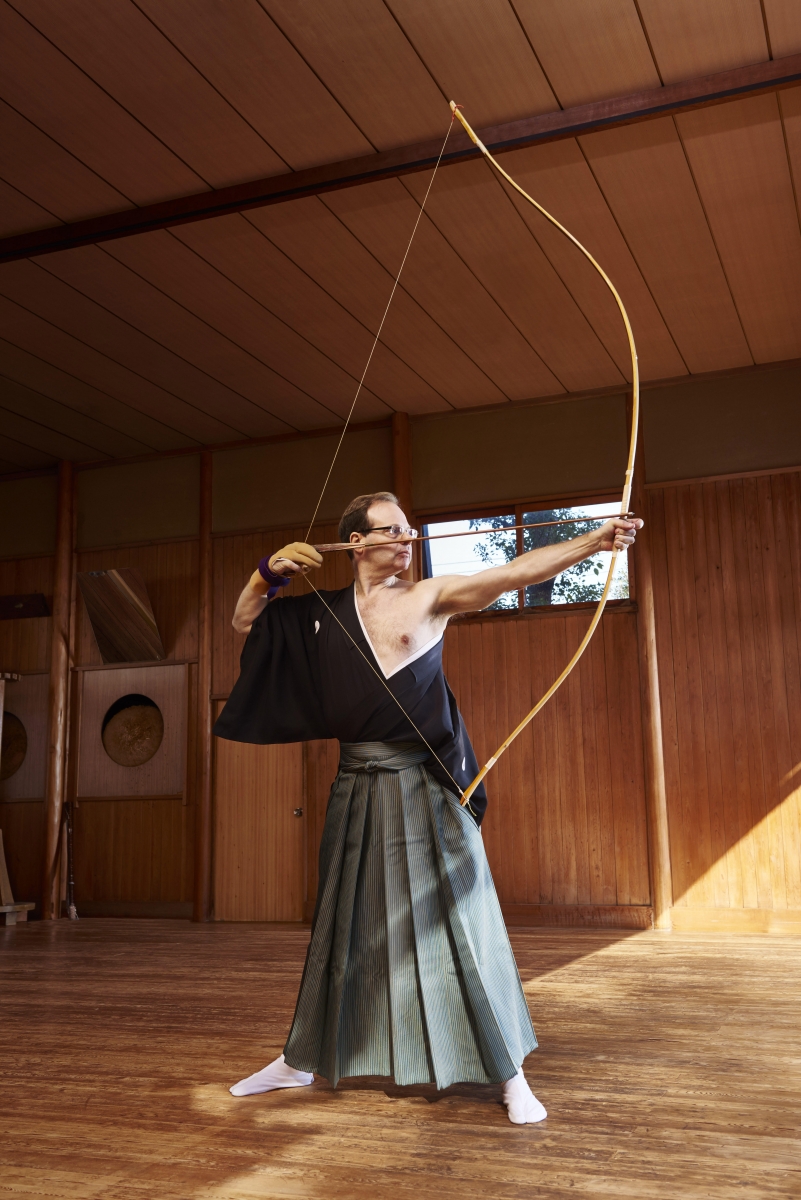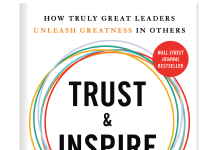
Corporate philosophy and company values are of primary importance to provide a compass to employees in the journey of business growth. It is also a critical factor for creating an engaged workforce. In today’s world, the majority of employees are not motivated by just the sales and profit numbers the company aims to achieve. Numbers are measurable objectives, but should not be an end in themselves. They should be viewed as signposts on the way to sustainable growth in the marketplace, which, by nature, is highly competitive.
Given the importance of the corporate philosophy for the company, many wonder why it often ends up as merely words in leaflets and posters on the wall. Why it fails to be brought to life in the day-to-day activities of the organization.
To get some perspective on this important question, let’s look at a different domain than the corporate world: martial arts.
I have personally pursued a double career, in business and in martial arts. I have studied in Japan for more than 25 years the ancient Japanese martial art of archery—Kyudo. This has given me wisdom and insight into the dynamics of management.
In Kyudo, there is a saying: “The bow is understood through personal experience”—personal experience here is that the understanding should be with the whole being, as understanding with the mind alone through words is never enough. It is said that in the Japanese archery practice there are three levels of knowledge:
- The first level is with your mind: This is where you understand what has to be done. For example, bring your elbow lower to draw the bow, grasp the bow like a baby’s hand without excessive tension, etc. This theoretical knowledge is a necessary step, but it is of no avail if you cannot make it yours with your own body during the shooting.
- The second level is with your body when it reaches some understanding and can perform from time to time the shape the mind had asked of it. In this stage, you get some glimpses of understanding, but this is not yet stabilized in your body, as your shooting is still irregular.
- The third level is called “chi” (knowledge) and is when the mind and the body work regularly in harmony, and because of the stability of the shooting, the desired form is yours.
All students of Kyudo and other martial arts go through these three steps of learning to master its difficulty and the intensive practice, to be able to embody regularly what the mind has understood.
This metaphor of the archer is relevant to the workplace, as it teaches us what kind of obstacles we may face in the workplace when we want to implement a corporate philosophy in the company. The company is an organization that has a body, much like the body of the archer. Rational explanation will not be enough to bring the corporate philosophy to life in the body of the organization. These first steps are necessary to obtain theoretical knowledge, but, as for the archer, practice—or to use corporate language, training—is a must for the company’s philosophy to take shape in the organization.
The most successful types of training are the ones that engage the staff beyond their logical mind.
Developing Traits and Behaviors
Godiva Chocolatier has a global mission to spread joy and happiness around the world and a vision to be “the world’s most iconic premium chocolate company.” In line with this corporate philosophy, we recruit people who have these five traits:
- Purposeful
- Positive
- Collaborative
- Agile
- Resilient
We undertook various trainings exercises to develop proper traits and behaviors in the company. For example, the way to engage people is to ask them to conceive a business meeting scene and play the role where one of the staff would successfully embody the desired behavior (for example, collaboration), while the other would perform the opposite role. We take videos of these role-plays and share them with all employees. It is amazing to see how staff are so engaged with their mind, emotions, and body in their appointed roles. The feedback received, aside from the enjoyment, is that this approach helped employees understand at a deeper level, by living it and discovering what the desired behavior meant.
Training for the corporate environment is the same as in practice for martial arts, as the critical factors are repetition and proper content to bring forth the desired form in the body of the organization. When training activation reaches a certain level, we can see staff naturally start to exhibit the desired behaviors in their daily tasks. But even at this stage, regular training must be implemented to prevent personal habits from overcoming the desirable corporate behaviors. As it is said in martial arts, bad habits spread like weeds, so we should constantly strive to polish ourselves.
Another critical factor that is often forgotten is the need for top managers to train themselves in order to set the proper example for the rest of the organization. The leadership team is the spirit of the organization. Its influence permeates the whole body of the organization in the same way the archer directs his mind and vital energy to his whole body to perform a proper shooting. It is the responsibility of the whole leadership team to implement and enliven the corporate philosophy; it is not the sole role of the HR department.
Corporate philosophy should always be simple and easily understood by every staff member. Despite this apparent simplicity, regular training with the whole being is a must to ensure the corporate philosophy gradually becomes relevant and practiced daily by all employees.
Jérôme Chouchan is the managing director of Godiva Chocolatier for Japan, South Korea, South East Asia, India, Australia, and New Zealand. Chouchan is also author of “Target – Business wisdom from the ancient Japanese martial art of Kyudo” and board director of the International Kyudo Federation.




